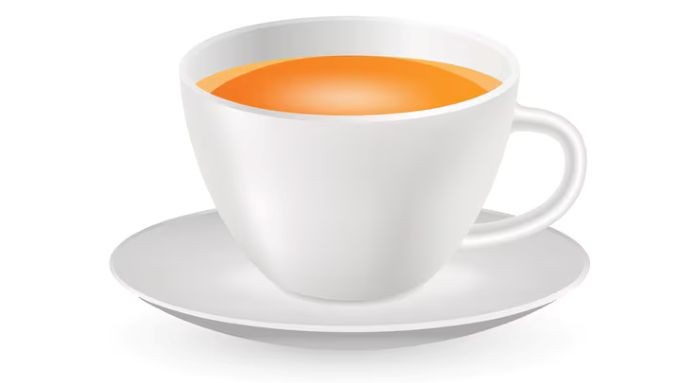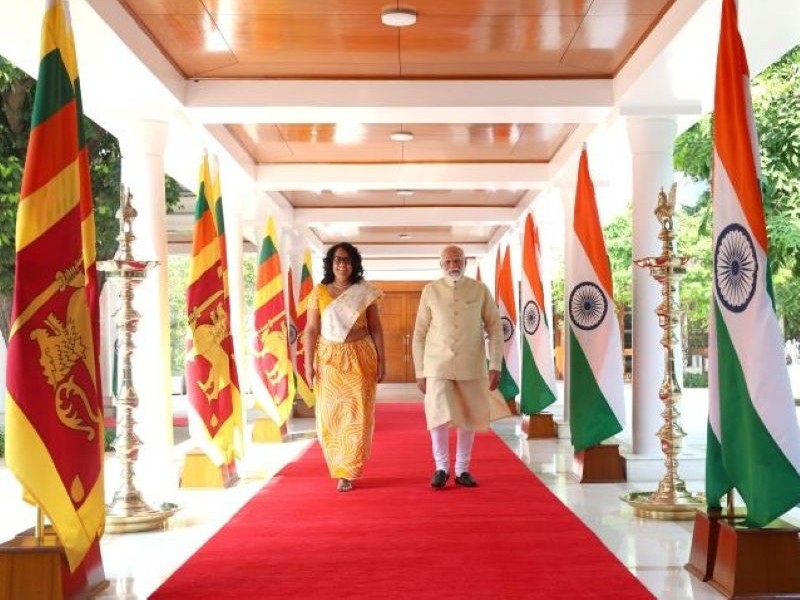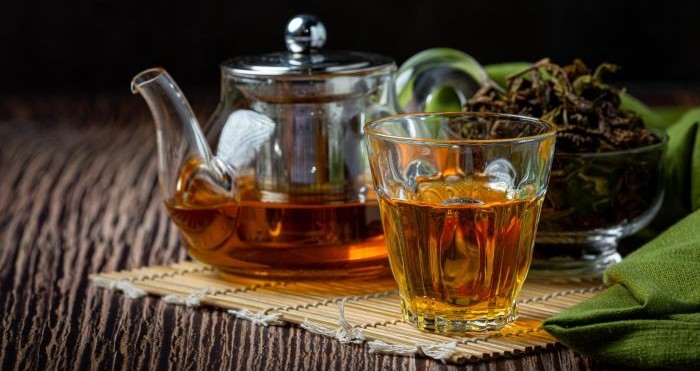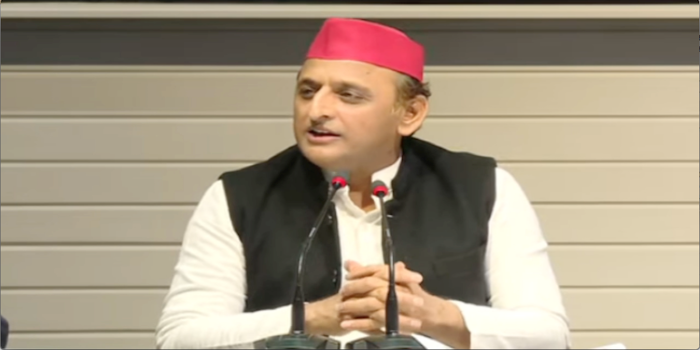The story of tea is never only about leaves. It is also about ships, guns, monopolies, and empires. When tea sailed westward, it was not borne merely in porcelain jars but in the vaults of power. What began as a delicate infusion in the hills of Yunnan and Fujian soon became the linchpin of global commerce, drawing into its orbit merchants, monarchs, and millions who would never see the plant itself. If tea had remained confined to its native soil, the shape of empires, and perhaps even the rhythm of history, might have been very different.
For Britain in particular, tea was not a luxury—it was destiny. In the seventeenth century, when the Dutch first ferried small consignments from Asia, it was a curiosity. But by the eighteenth, it had become a national passion, as integral to the British day as the rising of the sun. Yet the leaves did not come cheap. To sustain the habit, Britain paid for tea with silver, draining its coffers until it devised another scheme: opium. The triangular trade between Indian opium, Chinese tea, and European markets was no accident but a deliberate design, and its consequence was the Opium Wars—one of the most brutal collisions of commerce and sovereignty in history. The British thirst for tea helped unmake the Middle Kingdom’s centuries-old order.
Here one sees clearly that tea was never innocent. Every cup carried within it not just tannins and aroma but also the hidden debts of empire. In Bengal, fields that might have fed people with rice were turned over to opium and tea. In Assam, the forests were cleared, indigenous peoples displaced, and bonded labour imported to ensure steady harvests. A ritual of leisure in London was thus built upon the exhaustion of bodies in distant plantations. One might remember Wordsworth’s lament in another context: “We have given our hearts away, a sordid boon.”
Nor did tea merely shape the colonial periphery; it also re-ordered the metropolis. In Britain, tea became a tax base as much as a beverage. Duties on tea swelled the treasury, but they also sowed discontent across the Atlantic. When colonists in Boston tipped chests of East India Company tea into the harbour in 1773, they were not only rebelling against taxation without representation; they were striking at the very emblem of imperial entanglement. Few commodities can claim to have played so direct a role in the birth of a new nation. The “shot heard round the world” was preceded, quite literally, by leaves soaked in seawater.
If tea had never left China, perhaps the opium fields of India would not have scarred the land, perhaps the Qing dynasty would have endured longer, and perhaps the American Revolution would have worn another guise. History, of course, admits no simple substitutions, but one can see how the world bent itself around the leaves. Tea’s empire was an empire of habit—and habits, once lodged in the body, demand political structures to sustain them.
Yet there was a paradox in all this conquest. Tea, though entangled with power, also whispered of equality. A pot of tea on a wooden table in Yorkshire offered as much warmth as a porcelain service in Mayfair. Soldiers drank it from tin cups, labourers from enamel mugs, aristocrats from gilded china.
A Japanese haiku comes to mind,
“The temple bell stops—
but the sound keeps coming
out of the flowers.”
So too with tea: its sound emanated in a distant land but its resonance echoed across the globe.
Tea blurred distinctions even as it was the very symbol of imperial hierarchy. Its spread across class divides made it a curious agent of both domination and democracy.
In reflecting on this legacy, one cannot help but ask: if tea had remained home, might empire itself have found another fuel, another excuse, another pretext? Perhaps, or may be undoubtedly! Who knows? Yet there is something uncanny about the way this gentle leaf, so small and fragile, drove ships across oceans, provoked wars, and altered maps. It reminds us that power is not always borne by cannon and cavalry; sometimes it arrives in silence, steeped in hot water, carried on the breath of steam.
In the end, the shadow of tea is as long as its fragrance is subtle. To sip it today is to taste not only comfort but also conquest, not only serenity but also subjugation. In the poet Lu Yu’s eighth-century words—“Tea tempers the spirits, harmonizes the mind, dispels lassitude, awakens thought.” But in the modern world, it also awakened unbridled ambitions, and fuelled expanding empires.
(Uday Kumar Varma is an IAS officer. Retired as Secretary, Ministry of Information & Broadcasting)
.jpg)
 Uday Kumar Varma
Uday Kumar Varma 
















Related Items
China issues yellow alert for typhoon Fengshen
Sanae Takaichi elected as Japan’s first female Prime Minister
US seeks India, Europe support amid China’s rare earth curbs